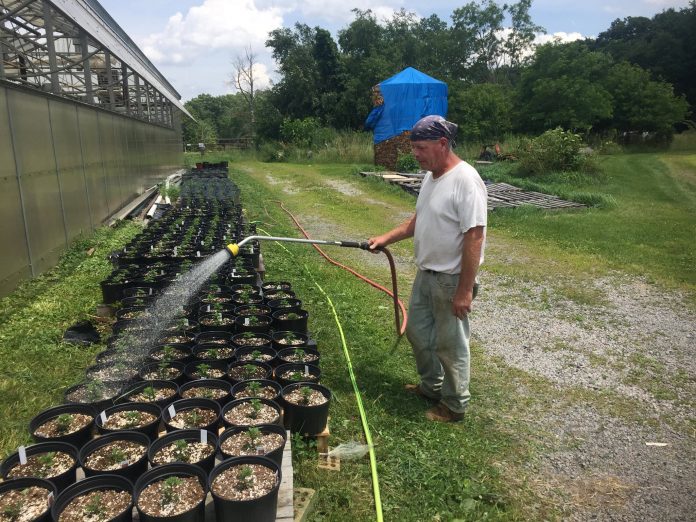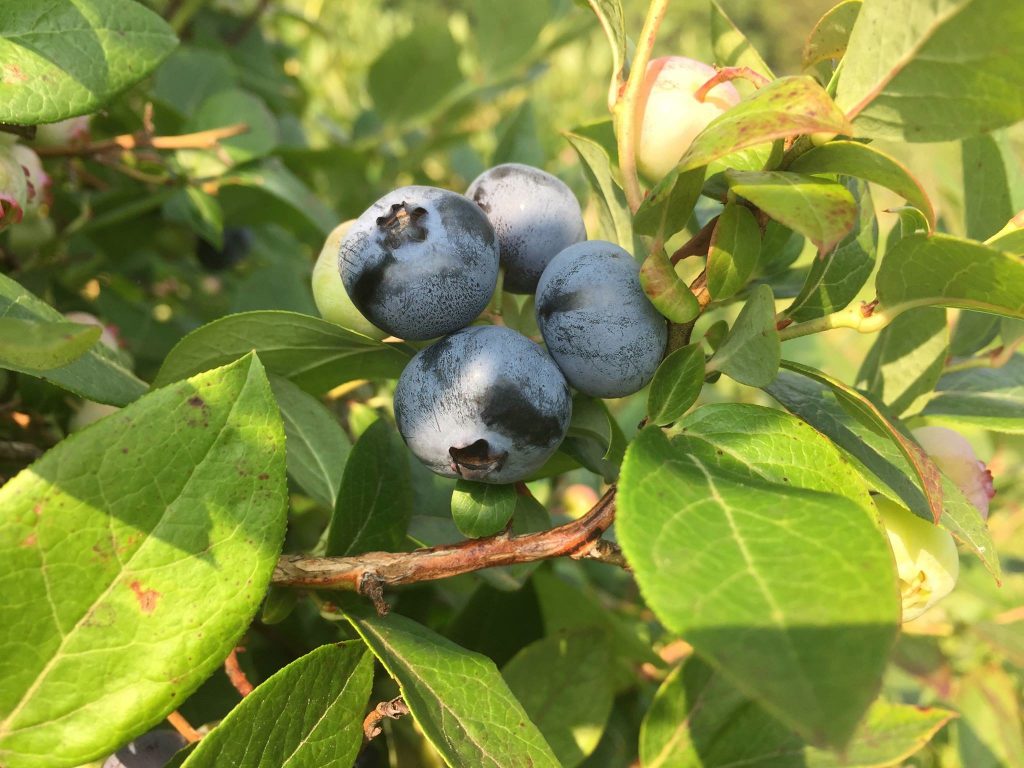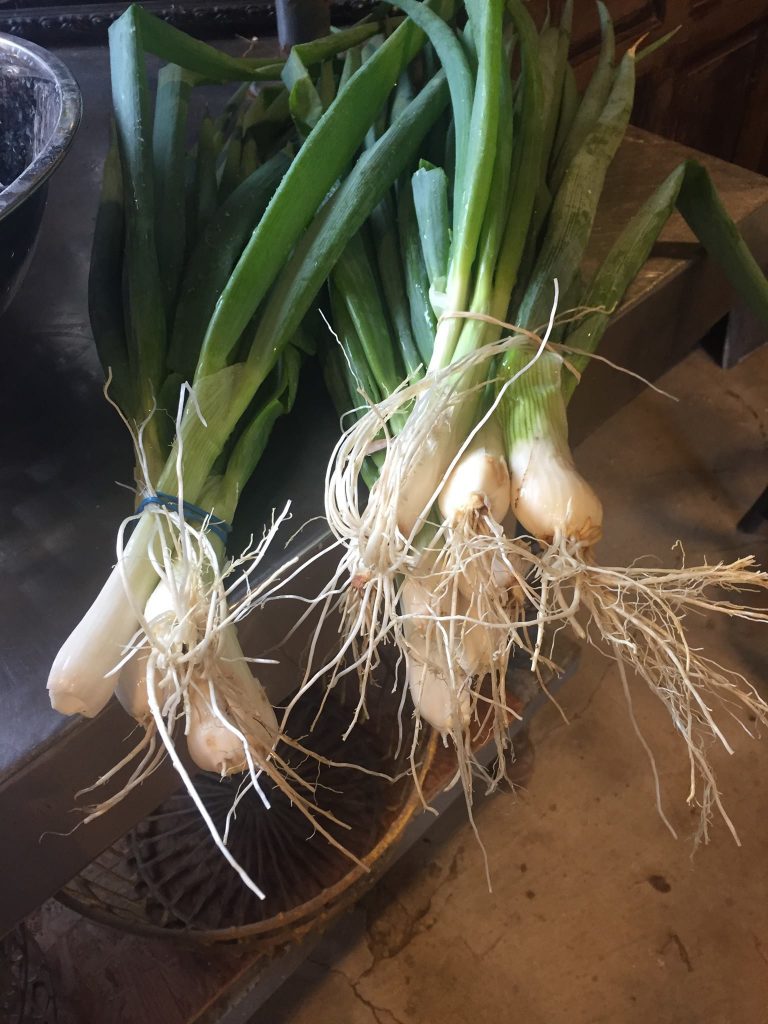
Tucked away in the green fields just over the Pennsylvania state line, the Villa Maria Farm and Community Center produces locally grown produce, half of which goes to local food banks. The other half finds its way to the tables of the Sisters of the Humility of Mary convent, and to the public farmer’s market which was set to open in mid-June, depending on when crops are available for harvest, and will run through summer.
The farmer’s market is held in a barn on the Sisters of the Humility of Mary Community Center off Evergreen Street approximately 1 mile south of U.S. Route 422 in Pulaski, Pa.
The Villa Maria Farm annually sponsors a community supported agriculture program for people interested in fresh, non-certified organic produce, which can be picked up at the farm once a week through the growing season. Participants will have access to a weekly share of seasonal crops. Families must sign up ahead of time to be part of the regular rotation of produce, and there are currently seven shares still open for interested persons.
Shares cost $375 for people willing to work 20 hours a week on the farm during the growing season, and $475 for non-working shares. Half shares can also be purchased for $250. A full share will generally feed two to four people. The growing season lasts 18 weeks.
Share pick-ups will take place at Villa Maria Farm from noon-5 p.m. on Wednesdays and from 10 a.m. to 2 p.m. on Saturdays. Shares include a wide variety of vegetables and legumes.

Other events on Villa Maria’s schedule include a “flower share” beginning after July 4 featuring farm-grown bouquets, and a blueberry self-pick in mid-July. Buyers can literally pick as many berries as they can carry from bushes on the farm and take them home to their own kitchens. Flower shares cost $74.20.
A Harvest Day celebration will be held on Sept. 30 which has attracted crowds of over a thousand in the past. And the farm runs a greenhouse year-round which sells outdoor decorative plants, vegetable flats, and herbs mid-April through June.
Event dates are dependent on crop readiness. Interested persons should look for announcements on “The Villa Farm” website at www.humilityofmary.org…. Patrons can also like the farm on Facebook.
In late May at press time, the green house was selling perennial flowers, bedding flowers, and vegetable starter flats. Hanging baskets range from $11 for a small basket to $26 for an extra-large basket.
The 759-acre farm is run by a staff of four full-time employees and a handful of community volunteers. Villa Maria is looking for additional volunteers for the summer season and beyond.
“We couldn’t do this if it weren’t for our volunteers,” says Director of Land Management John Moreira, the man responsible for day to day operations on the farm. “Volunteers are our unsung heroes.”
Volunteers have the opportunity to learn gardening tips firsthand from professional growers in the gardens and greenhouse, work on Easter and Christmas flower arrangements for local churches, or help with sales and Harvest Day set-up.
In addition to its markets, the farm sponsors field trips for local schools, both during the school year and the summer. Students can observe first-hand how a farm operates or learn about the history of the Villa Maria farm.
“In essence this was a failed farm,” says Moreira of the long history of Villa Maria, which was alternately a chicken farm, a dairy, and a hog farm before finally finding owners in the Sisters of Humility. “Whereas others were not commercially viable here,” Moreira says, “the sisters have made it work.”
Moreira refers to a tradition that goes back to 1864 when a small troop of Roman Catholic nuns arrived from France to take up residence in Pennsylvania, then a state not even a hundred years old and still very wild. The nuns were penniless, having been divested of their seed money by a lawsuit back in their home country. Despite hardships, the nuns established a hospital for injured railroad workers that was the parent of St. Elizabeth’s Hospital and today’s working farm.

Now the farm is part of 759 acres owned by the convent. Four hundred acres of land includes sustainable forest land, including 60 acres designated as an Audubon Wildlife Sanctuary. Only a single building, a huge barn built in the 1840s, still stands from the original compound. Visitors are welcome although parking is sometimes limited.
Anyone interested in partaking in Villa Maria’s markets or volunteering should contact John Moreira at jm******@************ry.org… or at 724-964-8920, extension 3385.
© 2017 Metro Monthly. All rights reserved.






